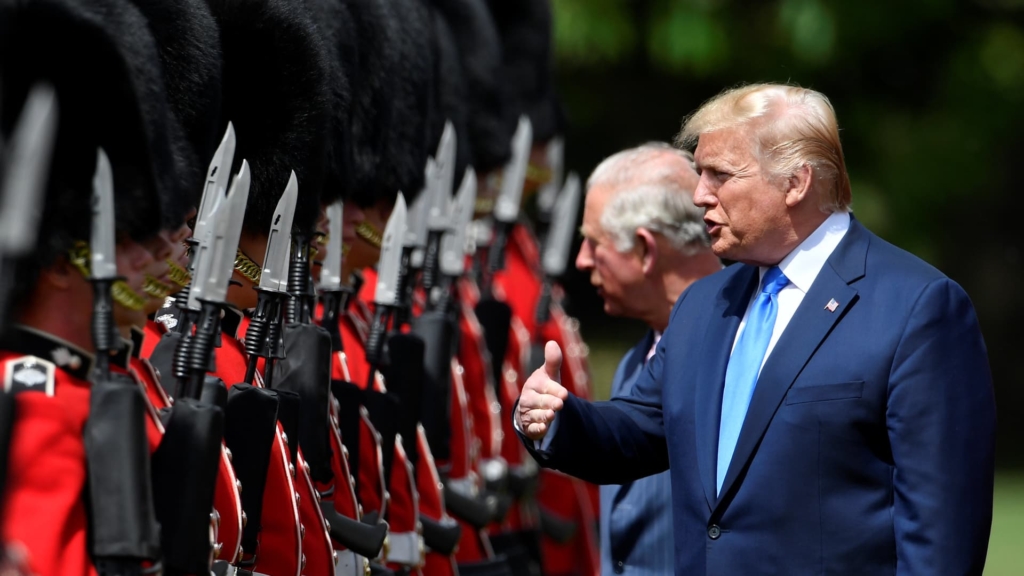During a meeting with business leaders at Downing Street on Thursday, U.K. Prime Minister Keir Starmer addressed the recent imposition of a 10% tariff on U.K. imports by President Donald Trump. While acknowledging that Trump operates with a “mandate” to prioritize American interests, Starmer asserted the right of the U.K. to respond appropriately to this decision.
Starmer emphasized the need for “cool heads,” as he indicated that the U.K. is now prepared to enter the “next phase” of its strategic response.
“The decisions we make in the coming days and weeks will be driven solely by our national interest, focusing on our economy and the businesses involved,” he stated during his remarks in his official office.
He acknowledged the potential economic repercussions of the U.S. tariffs, both locally and globally, but reassured that Britain’s preparedness will mitigate their impact.
Earlier, U.K. Business Secretary Jonathan Reynolds warned that the new tariffs could create a significant “threat” to Britain’s open economy as a result of Trump’s broader tariffs policy.
Fortunately, the U.K. has largely been insulated from the fallout compared to several other nations, facing a relatively lower baseline trade tariff announced by Trump, which reflects the balanced trade relationship the U.K. maintains with the United States.
Despite this advantageous position, Reynolds cautioned that the U.K. remains susceptible to economic disruptions stemming from other regions facing steeper tariffs, particularly the EU, which will see a 20% tariff applied to its goods exports to the U.S.
“Any disruption in the global trading landscape poses a threat to the U.K.,” he noted in a conversation with Times Radio, highlighting the U.K.’s highly integrated global trading framework.
The government will continue pursuing a trade agreement with the Trump administration and is hopeful about reversing the tariffs, although Reynolds indicated that countermeasures would be considered if necessary.
Prior to the introduction of the tariffs, the U.K. had aimed to negotiate a deal with the Trump administration to avert additional duties. However, Prime Minister Starmer has tempered those expectations, acknowledging that tariffs remain a likelihood.
Starmer reaffirmed that the U.K. is committed to advancing its economic discussions with the U.S. and noted some “rapid progress” in talks, though he warned that achieving a formal agreement may still require time.
“I don’t believe anyone wants to see tariffs,” Starmer stated in comments to Sky News. “We are working diligently towards an economic deal and seeing encouraging developments. I am optimistic about a timely resolution,” he remarked.
However, he realistically assessed that tariffs are likely in the near future. “Nobody embraces that outcome, and we are closely collaborating with the most affected sectors. It is essential to act in the national interest, leaving all options open,” he added.
Trade Secretary Reynolds reiterated to the BBC that ongoing discussions with the Trump administration place the U.K. in a strong position to have the trade duties lifted.


























